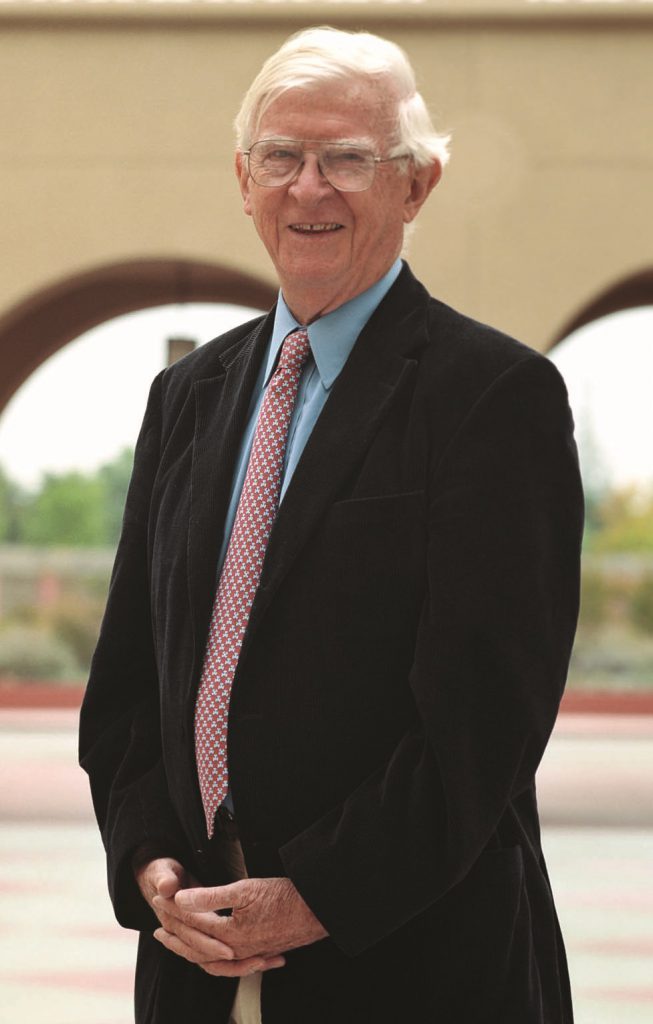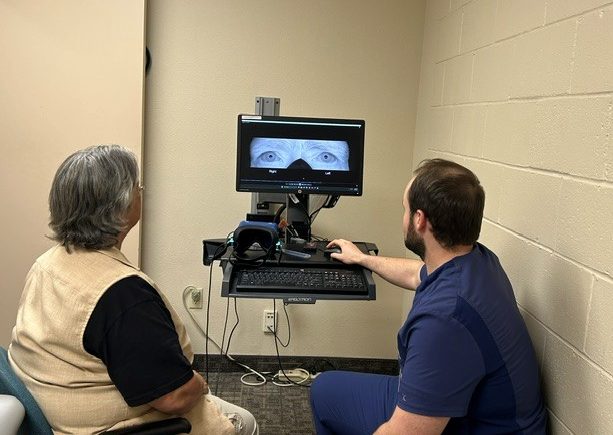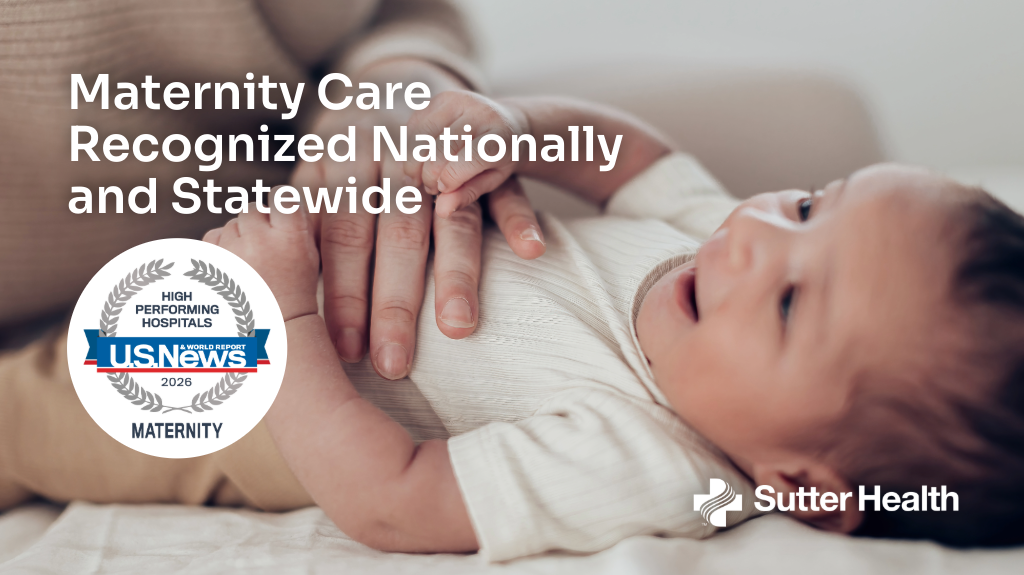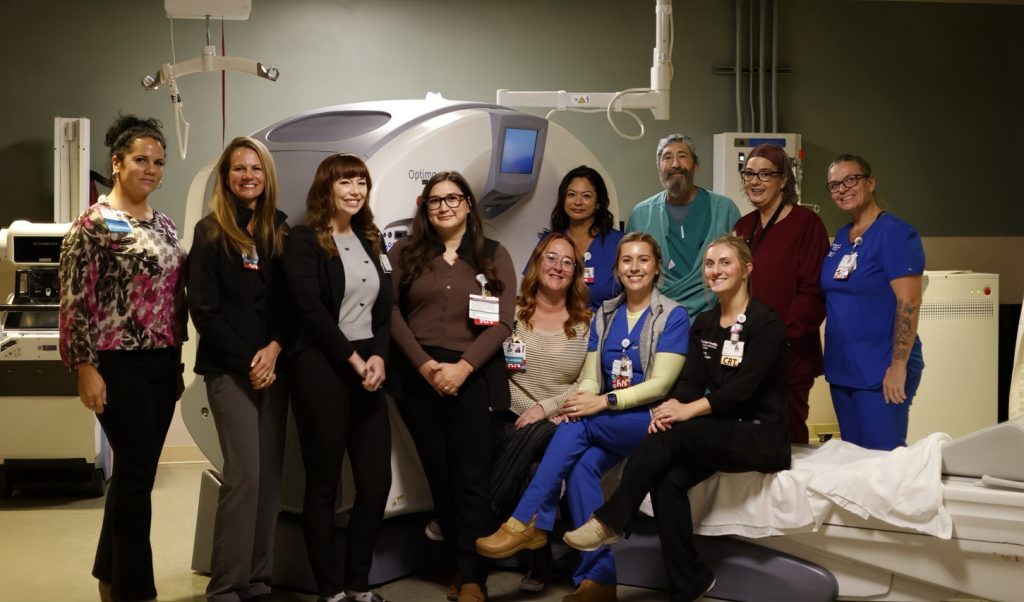Philip Randolph Lee, M.D., who died at age 96 on Oct. 26, was a nationally known advocate for access to high quality healthcare who served presidents, desegregated hospitals, led San Francisco through the AIDS epidemic, served as a university chancellor and co-authored health policy texts, But before he did all those things, he cared for patients as an internist at the Palo Alto Clinic (precursor to the Palo Alto Medical Foundation), the multi-specialty medical practice his father, Russel V.A. Lee M.D., co-founded in 1930.

“PAMF was home to him,” said Shira Lipton, M.D., a dermatologist practicing at PAMF, who was mentored by Dr. Lee. “Not just because his father was one of the founders, but because it exemplified excellent medical care and patient-centered research. PAMF was a place he would always go back to, an institution that delivered on the potential of what he hoped for our nation’s health system.”
Dr. Lee had seen elderly patients have poor health outcomes as a result of not having insurance and he entered the realm of public policy believing that healthcare is a service to society. In 1963, Dr. Lee first moved to Washington D.C. to serve as director of health for the Agency for International Development. Two years later Dr. Lee left his post to join the Lyndon Johnson administration as assistant secretary for health and scientific affairs at the Department of Health, Education and Welfare. There, Dr. Lee played a key role in the implementation of Medicare, including conditioning Medicare payments on a hospital’s adherence to provisions in the then new law that covered desegregation of hospitals.
In 1969 Dr. Lee returned to the Bay Area to become chancellor for the University of California, San Francisco and he worked with the UCSF Black Caucus to improve diversity at the university. He then became director of the UCSF Institute for Health Policy Studies, which bears his name today.
Former PAMF Research Institute Director Harold “Hal” Luft, Ph.D., worked with Dr. Lee at the Institute from 1973 to 1993. At the height of the HIV/AIDS epidemic, in 1985, Dr. Lee was also appointed the first President of the San Francisco Health Commission. Dr. Luft recalls how difficult the work was but also how uniquely suited Dr. Lee was to the role.
“He really cared about people,” Dr Luft said. “He cared about equity. He’d always be there for individuals, remembering everyone’s name and offering help before being asked. He put relationships before transactions.”
Dr. Lee was again called to Washington D.C. in 1992 to step into the role of Assistant Secretary for Health under the Clinton administration. When PAMF become part of Sutter in 1993, the complimentary PAMF and Sutter values of community service grew and strengthened each other as the organizational cultures blended, and the Lee family legacy was a big part of this, recalls Sutter Health President and CEO Sarah Krevans.
“Dr. Philip Lee mentored and inspired those around him to advance the causes of health equity and health policy reform because he grew up seeing the progress possible when clinicians collaborate to advance public health and improve the lives of others,” Krevans said. “His example still inspires us today through our Advancing Health Equity team, and our overall commitment to enhancing the health of our communities through our integrated, not-for-profit network of care.”




